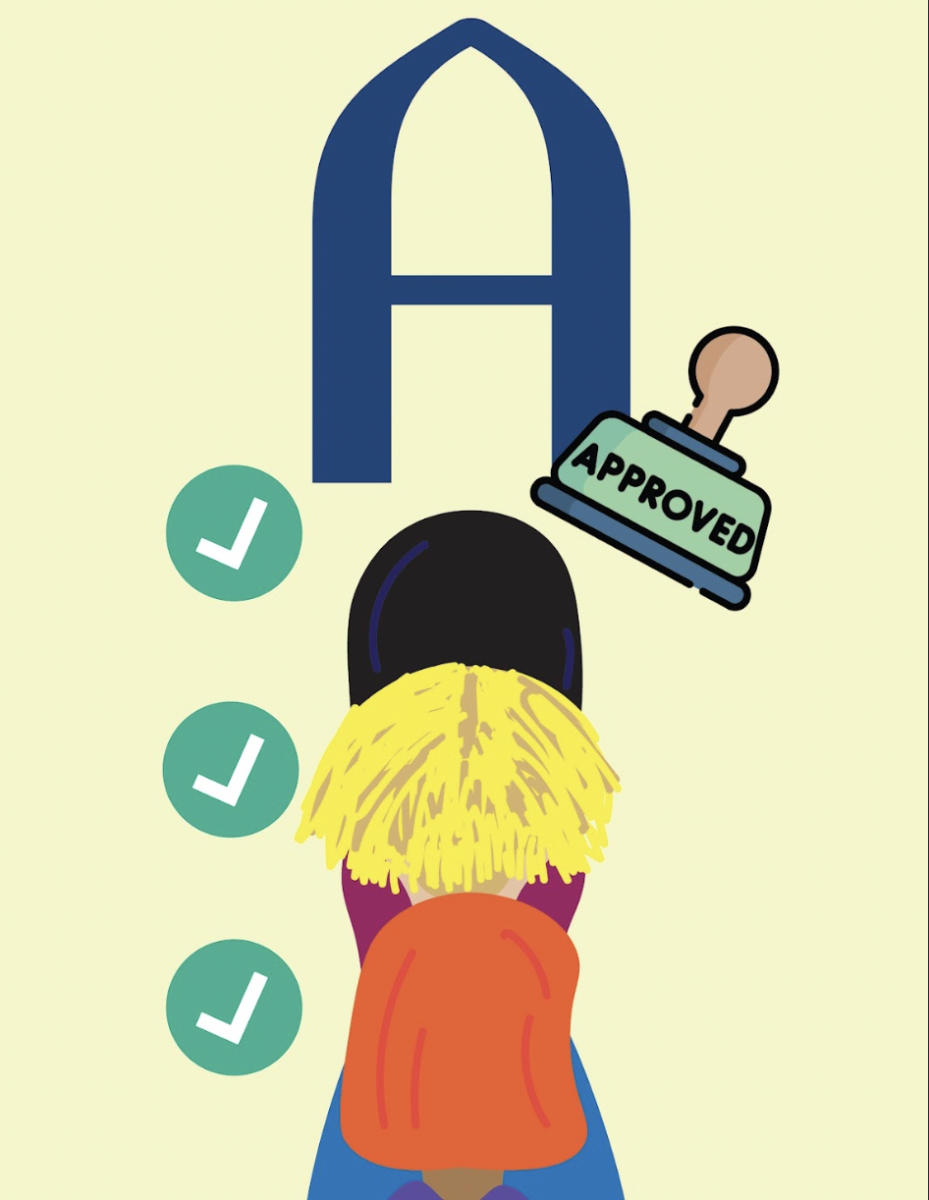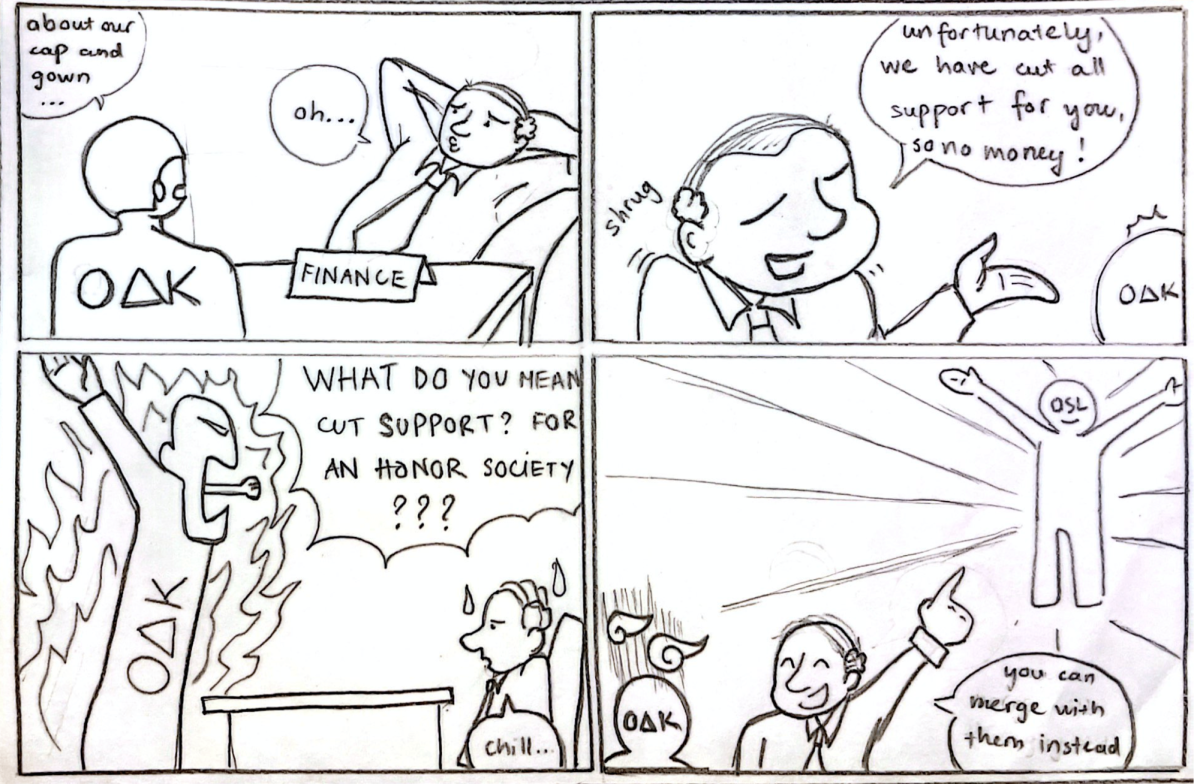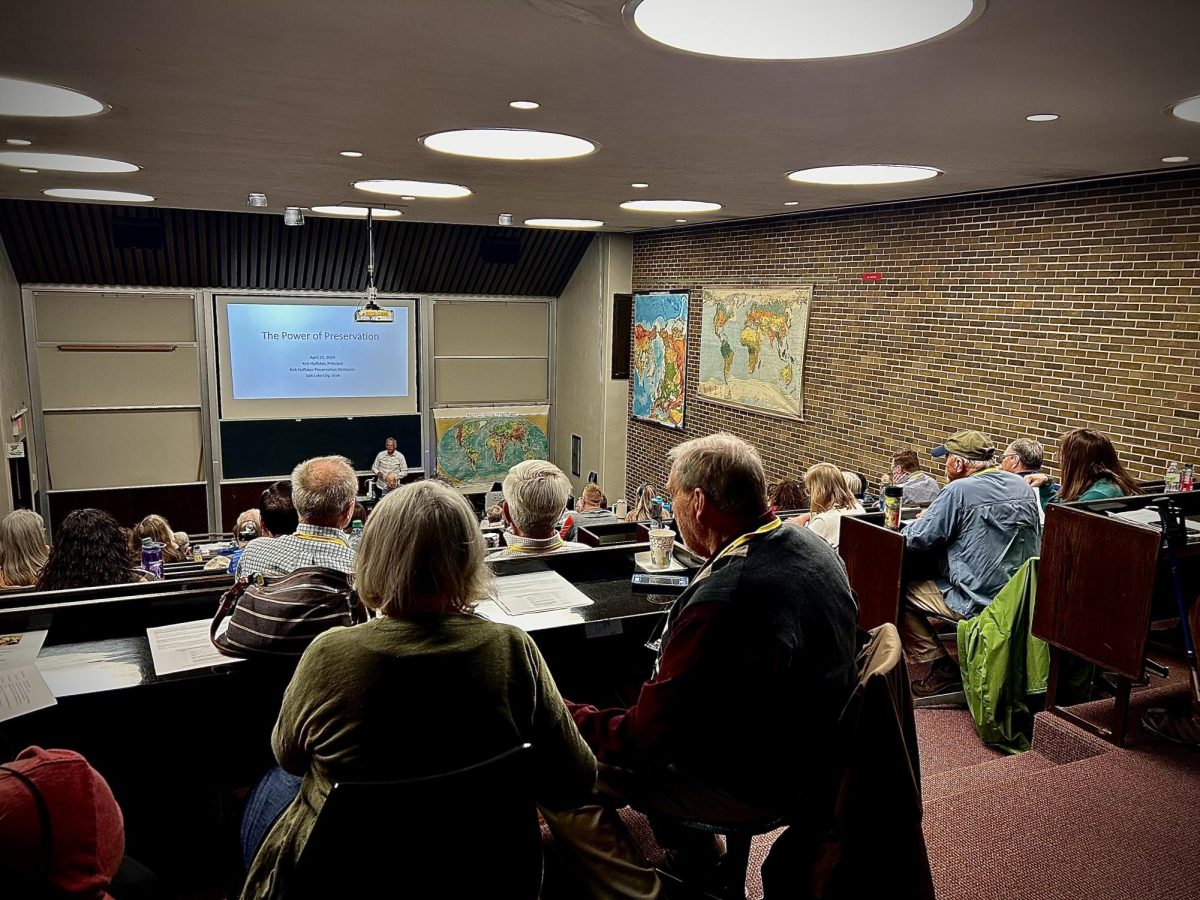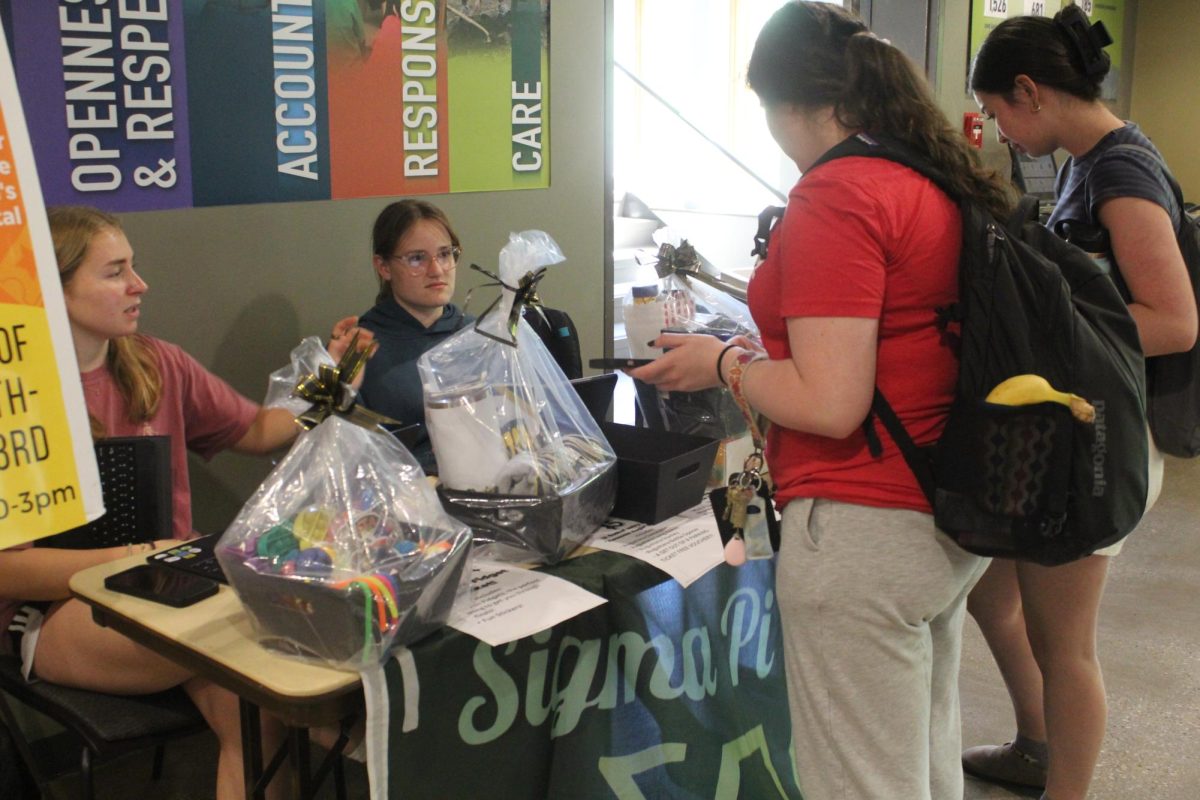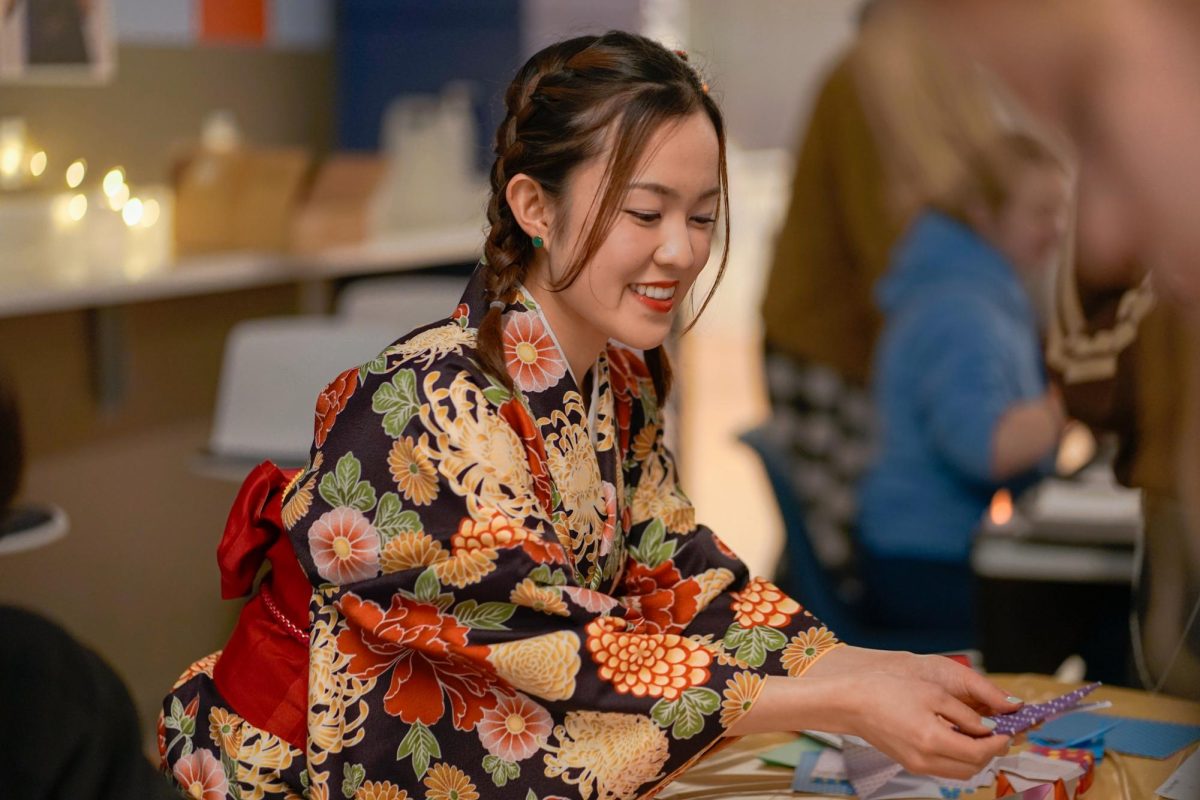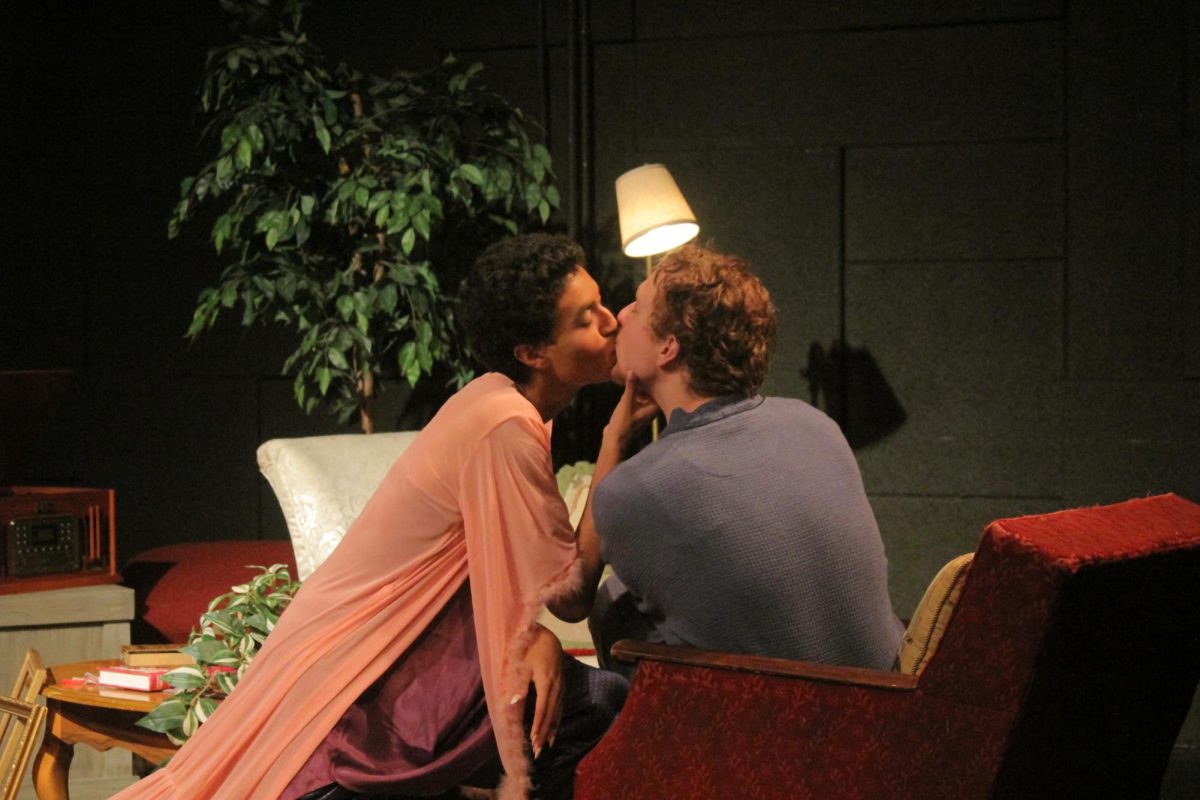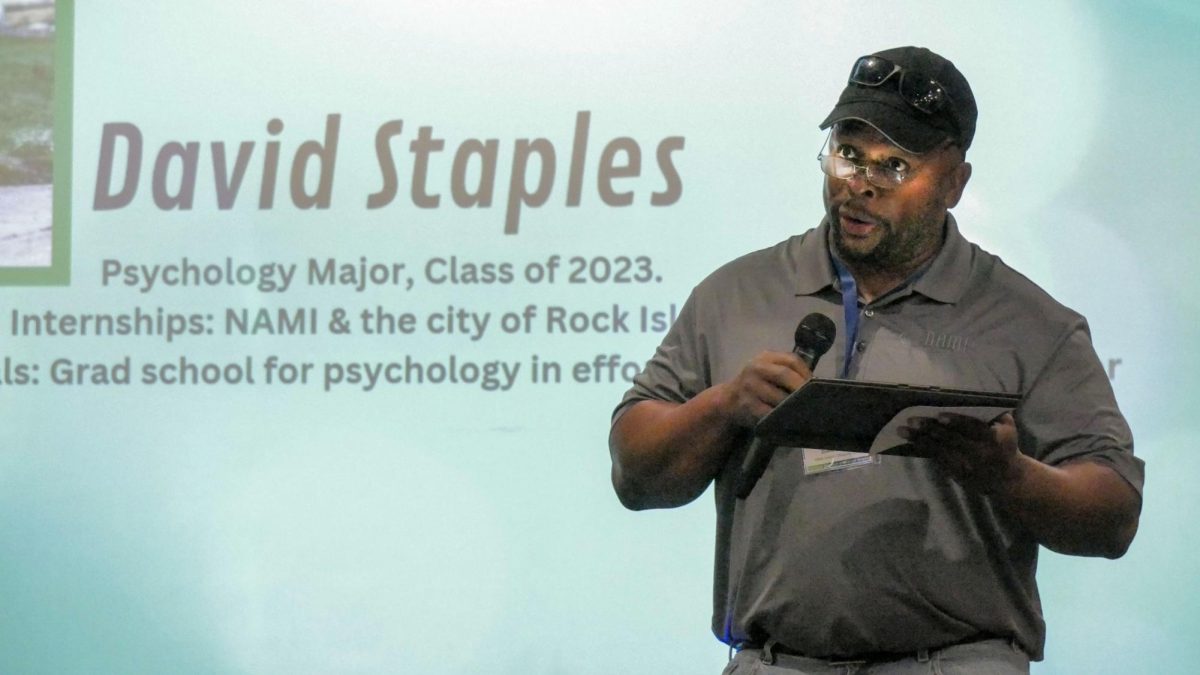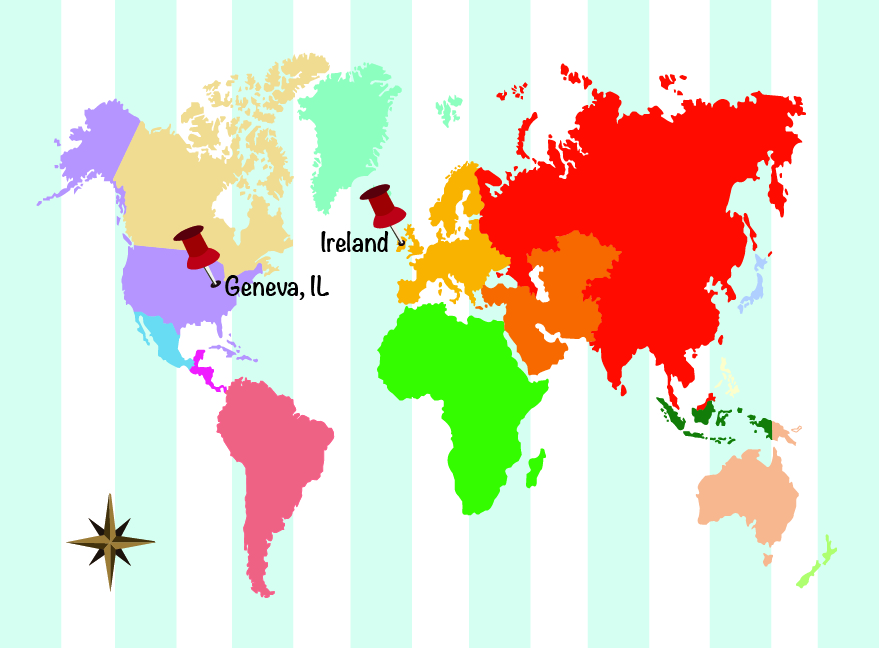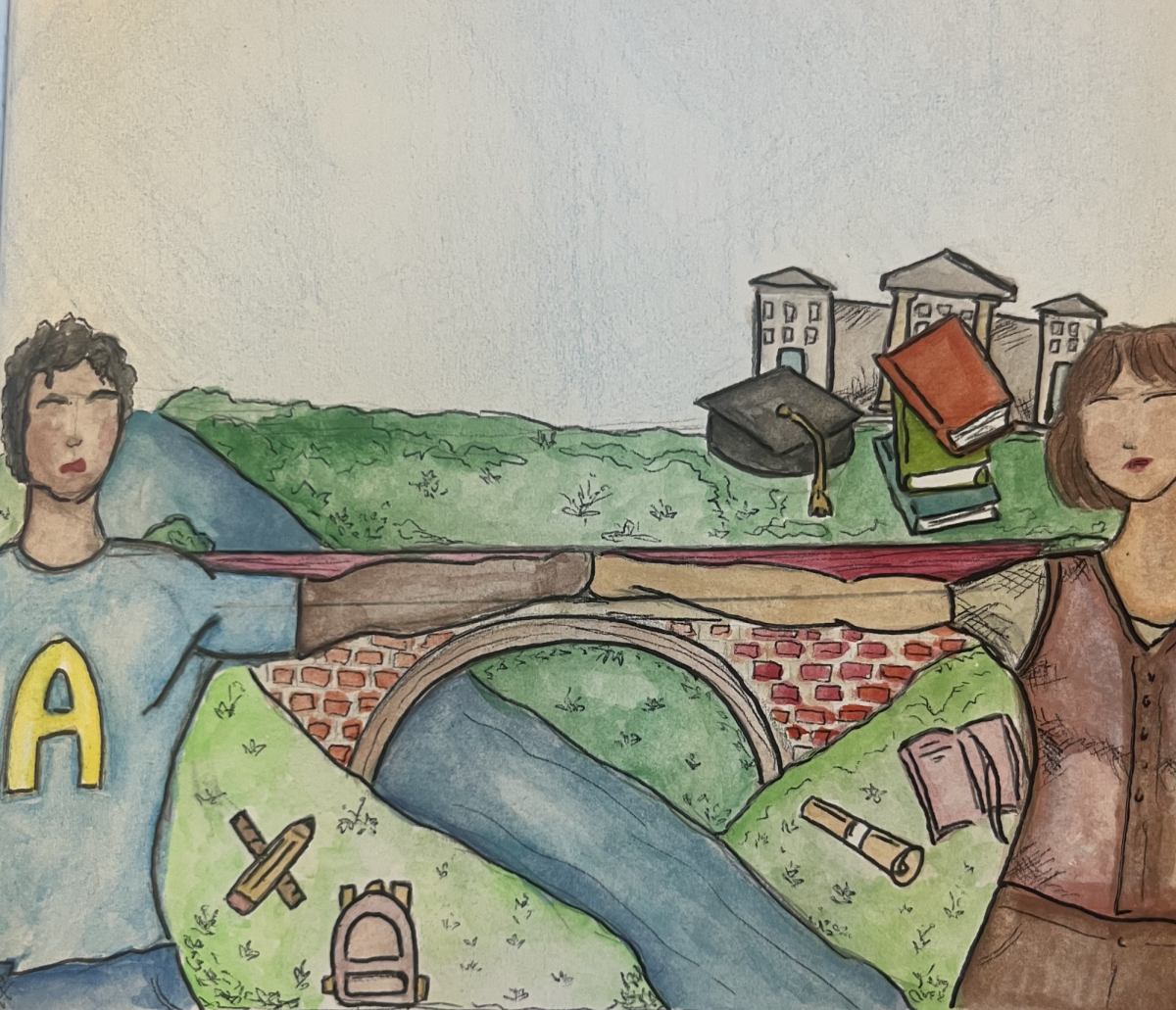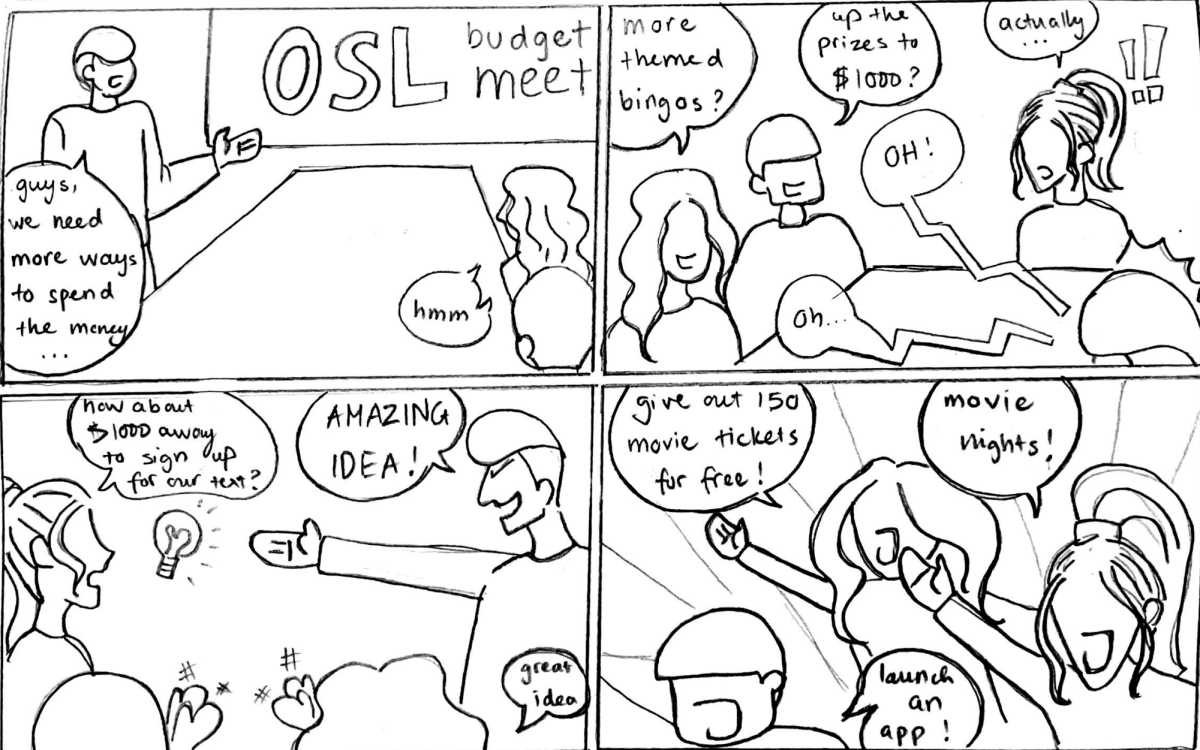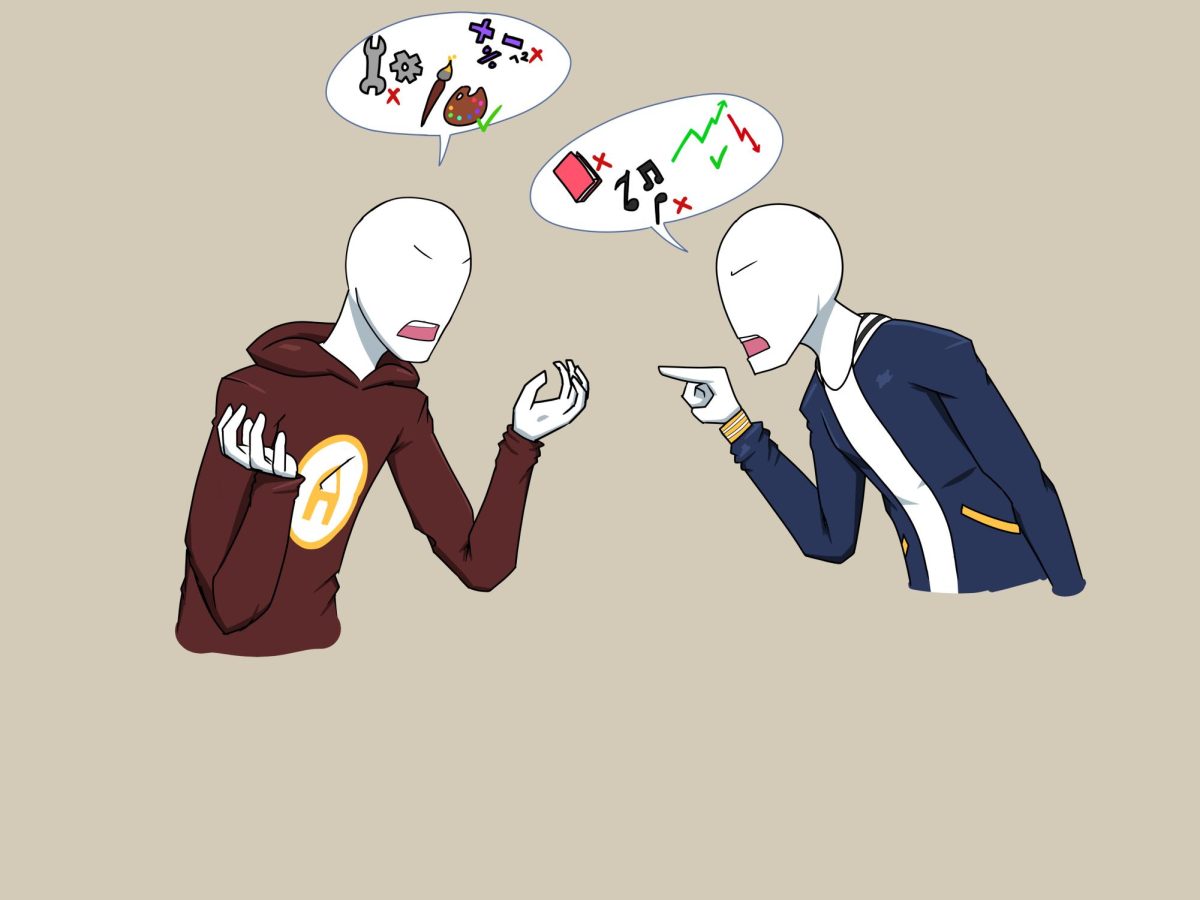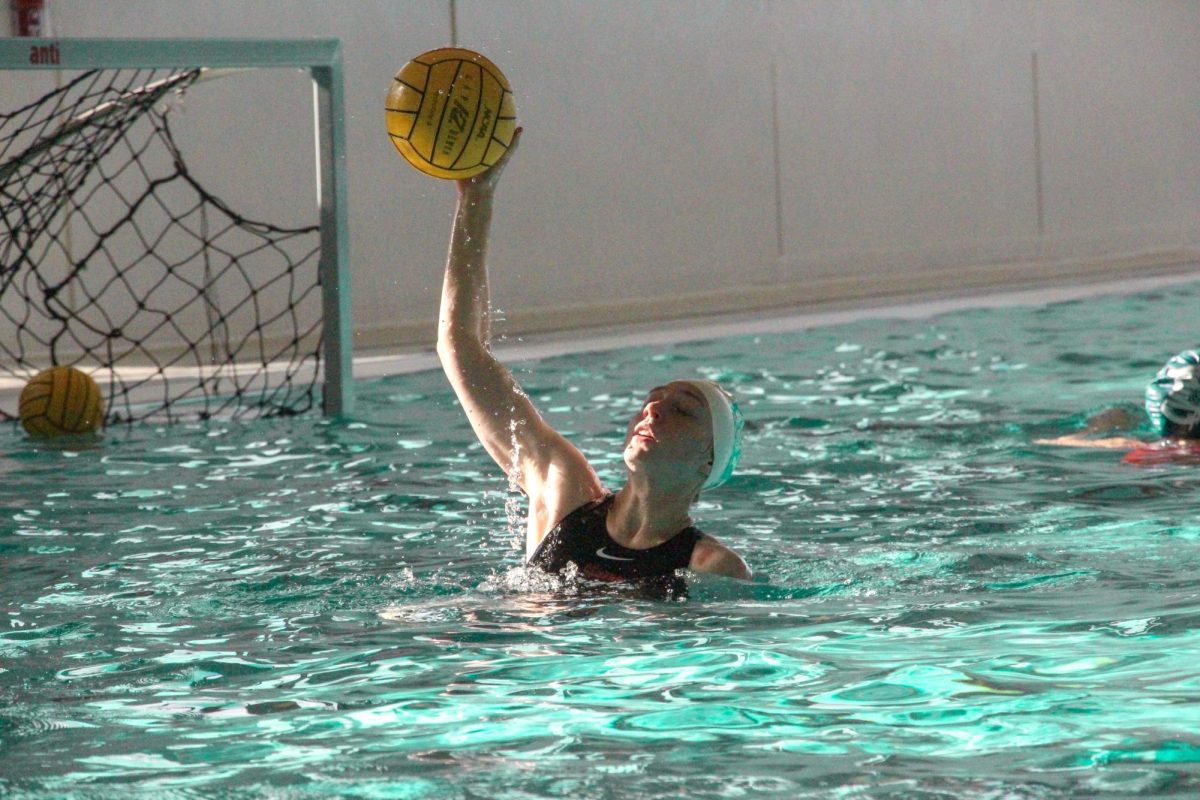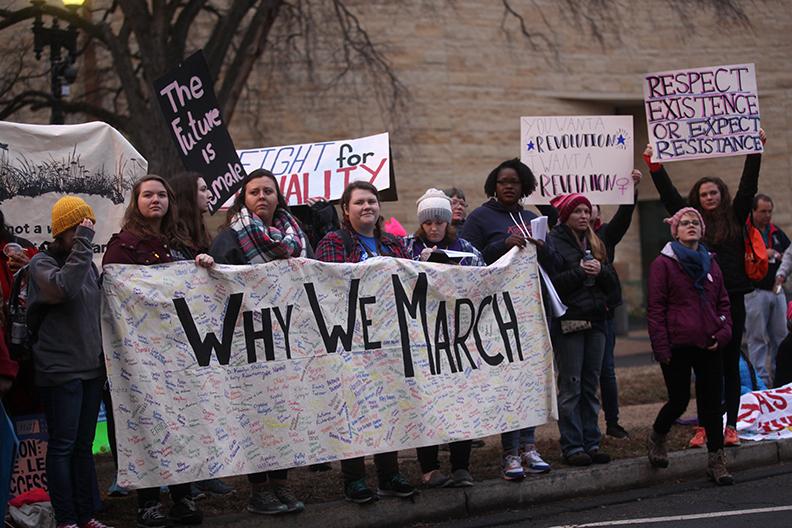As hundreds of thousands marched on Washington D.C., Jan. 21, men and women from around the world marched together in solidarity.
While the overall message of the protest was in response to the inauguration of President Trump, and to send a message to lawmakers regarding the importance of women’s rights, most people had a personal reason for stepping into the march as well.
“We must pay attention, and active.” Elizabeth Batey, formally of Davenport, said. “Deeds not words.”
Elizabeth now lives in Naperville, IL and marched with her two sisters and her niece dressed as sufferettes. Each of them, holding a sign that called for the equal rights of women. The women were also wearing a sash with a picture of their late mother (or grandmother in the case of the youngest woman in the group) pinned near their shoulder. They said their mother taught them the importance of being strong women.
“We will stand up and we will act peacefully and forcefully.” said Andrea Batey, the sister of Elizabeth. “It’s really important for people to start understanding the importance of facts.”
For others, the march was a chance to get the word out about organizations they are a part of.
Alissa Manzoeillo is part of The National Abortion Association, a professional association of abortion providers. She has worked for the group for two years.
The organization assists in helping to pay for abortion procedures and travel for women seeking safe abortions. They also help with fighting logistics and referring people to resources.
Their goal is to keep abortions legal and accessible to all. She spent her morning passing out signs to protesters.
For Lexi Ferguson (senior), Hannah Mccandleuss (senior), Hannah Morrison senior), Katie Brown (senior) and Morgan Sexton (sophomore) of Lindsay Wilson College in South-Central Kentucky, they say the experience was a chance to fight what they believe in.
This was the case for many young women. Many of them used wording on their signs lashing back at President Trump for using the term “nasty woman”, using terms like “I am a nasty woman” and “Proud nasty woman.”
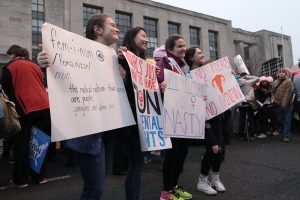
Men also used the experience to teach their sons the importance of treating women as equals, and to show support to their wives and daughters. You can read more about those men by clicking here.

“Why We March”: Protests get personal
January 22, 2017
(From Right to Left) – Lexi Ferguson, senior, Hannah Mccandleuss, senior, Hannah Morrison, senior, Katie Brown, senior, and Morgan Sexton, sophomore, traveled to the march from Lindsay Morrison College in South-Central Kentucky. Photo by Ryan Jenkins.
